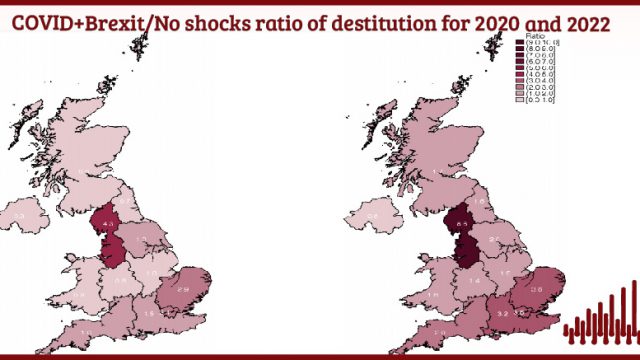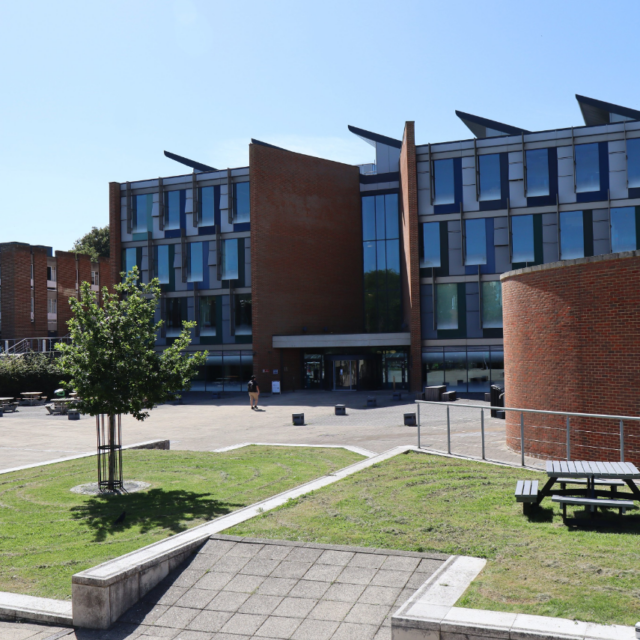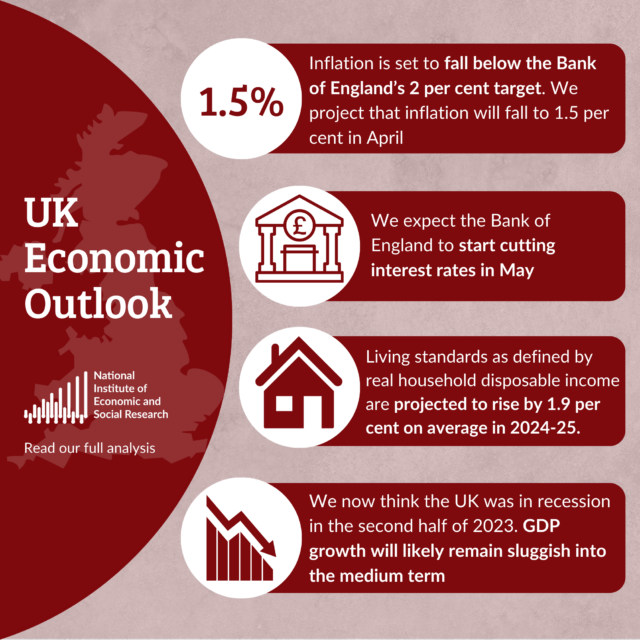Inclusive Productivity: The Macroeconomic Consequences of the UK’s Unequal Productivity Performance
This research project develops on a previously devised framework for inclusive productivity (McSorley 2020, 2019) which allows for a broader conception of productivity, that is tractable, and allows for the development of real-world productivity policies. McSorley (2021) has defined inclusive productivity as improvements in productivity that directly improve inclusivity and well-being at an aggregate, regional and local level.

Summary & aims
It is stated as fact that increasing productivity growth increases living standards. However, evidence shows us since the financial crisis productivity has been performing ‘anomalously’. As economies recovered following the financial crisis other macroeconomic variables, such as GDP and unemployment, returned to pre-crisis trend patterns. However, rather than return to trend productivity, productivity has set on a new lower equilibrium.
Real wage growth has stagnated with productivity. However, there is no guarantee that a future productivity revival will lead to higher real wages and better living standards. Moreover, questions at the intersection of productivity and inequality remain, e.g. past episodes of productivity growth did not benefit all regions and sectors equally.
Given a series of further macroeconomic shocks what does this mean for UK productivity?
Methodology
This research project consists of two sub-projects and papers. One focused on developing the framework for inclusive productivity within the mainstream economic analysis, specifically making the link between macroeconomic performance and inclusive productivity at a regional, labour market level of analysis. This will consider Human Capital and Social Capital as inputs to the productivity process and how they contribute to enhancing the productive capacity and potential capacity of the economy.
The second project and paper will focus on policy solutions, drawing on the UK’s Levelling Up White paper. The Levelling up White paper uses a 6 capitals framework: physical, intangible, human, financial, social and institutional capital. The White Paper acknowledges that “These capitals act as a mutually-reinforcing system, driving economic growth and improving social outcomes, including personal well-being”. However, the paper also correctly states that: “There are no internationally agreed quantitative definitions of social capital and nor are there directly measured estimates of the stock and flow of social capital. Instead, proxies or indicators are used, linked to the outcomes associated with higher levels of social capital” This research will review potential methods of measure social capital that are relevant to the economic framework and the stated objectives of the levelling up white paper.
Research Questions/Hypotheses:
- Does inequality in the formation and distribution of productivity at a regional, labour market and individual level negatively impact productivity at an aggregate level?
- Under what circumstances/context can we simultaneously increase UK aggregate productivity and sustainable regional growth, positive labour market and social capital outcomes for individuals?
Significance:
These two projects aim to contribute to developing a new economic paradigm for the UK, as set out in the objectives of the Levelling Up White paper: “boost productivity, pay, jobs, and living standards … especially in those places where they are lagging”.























